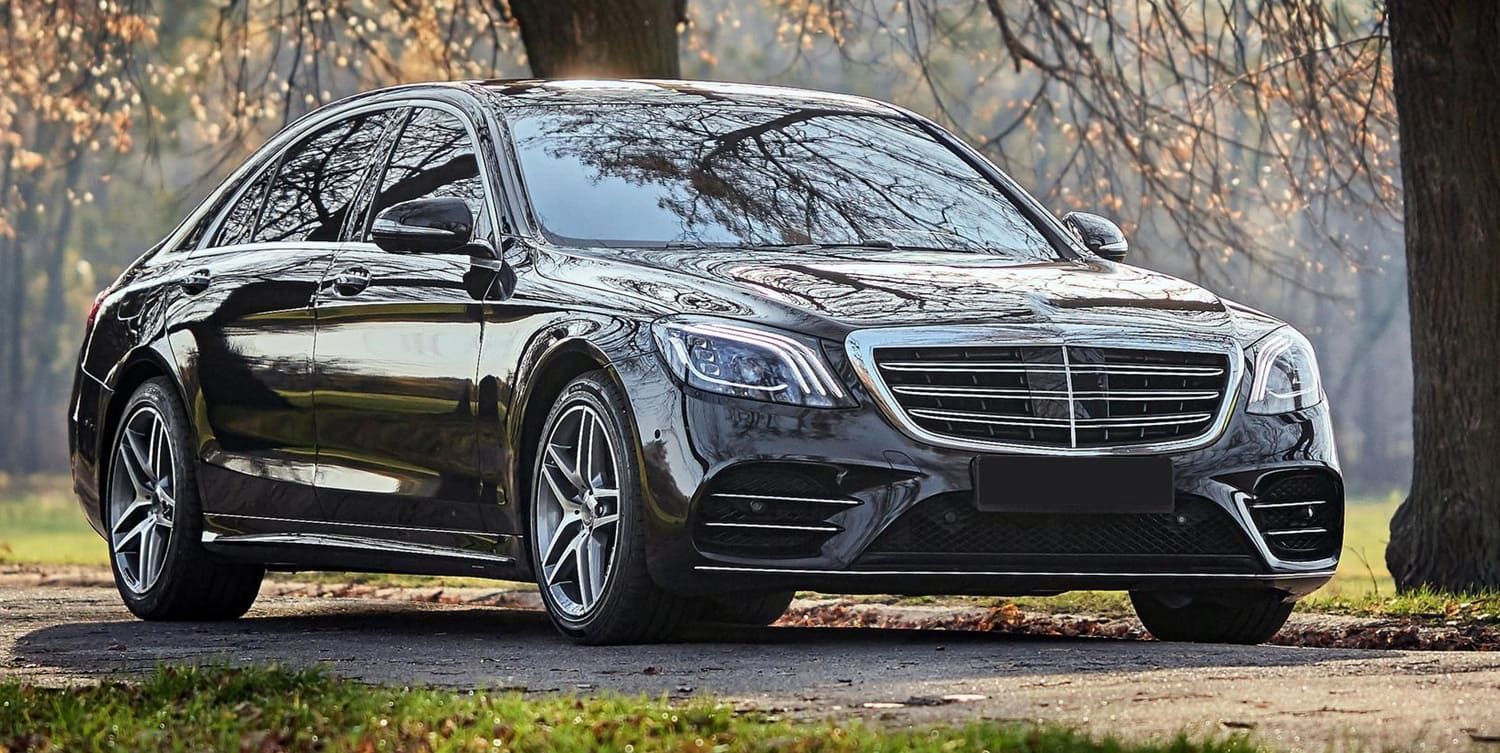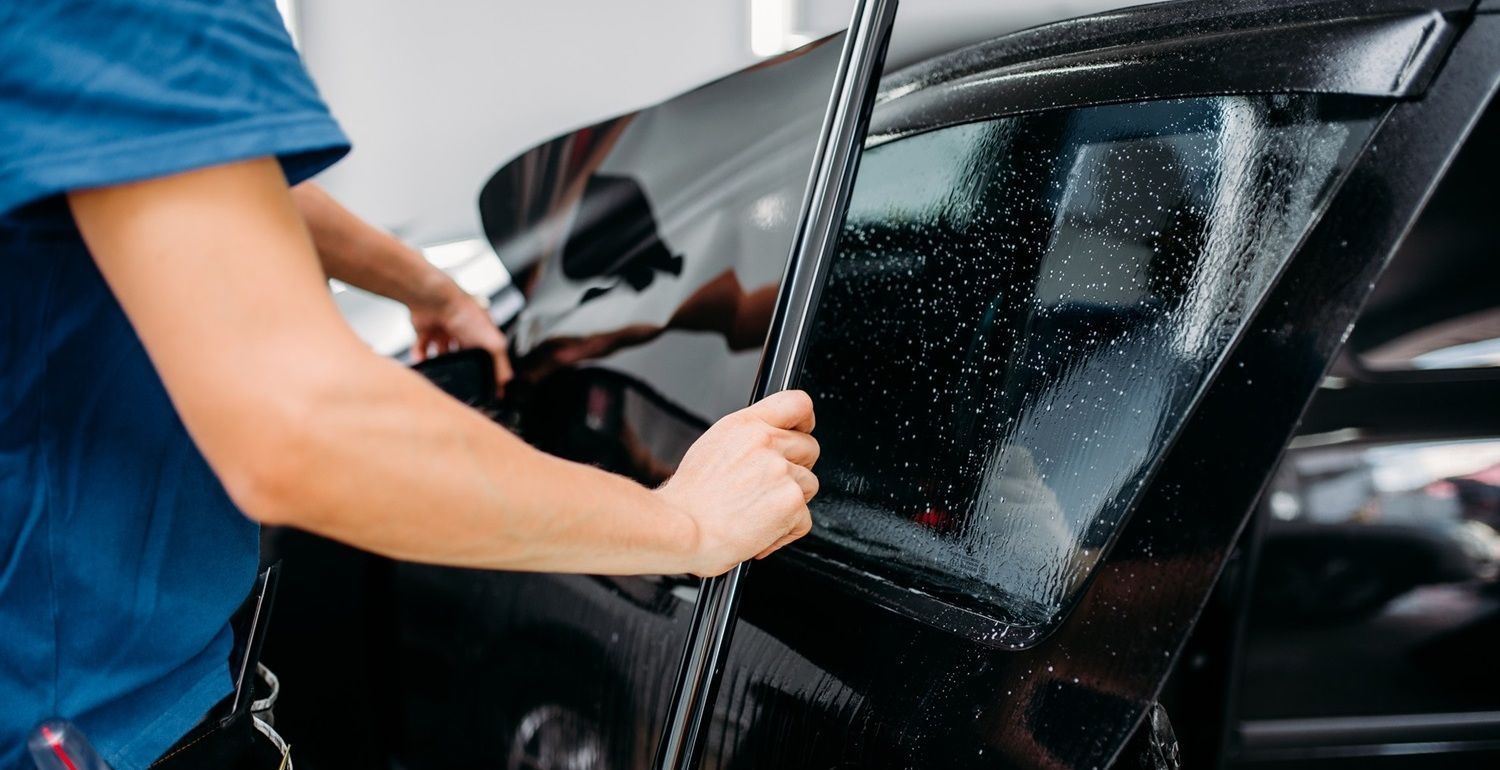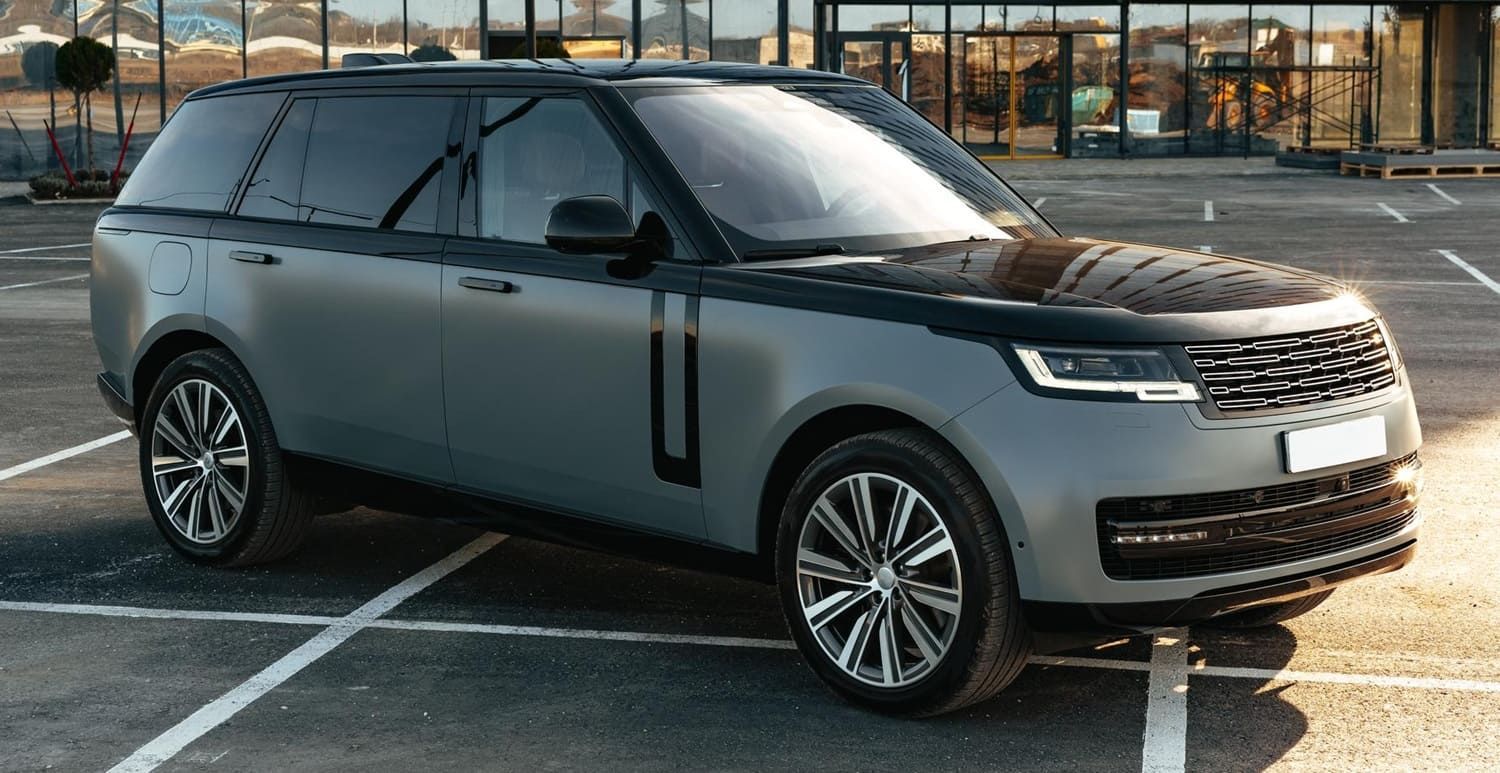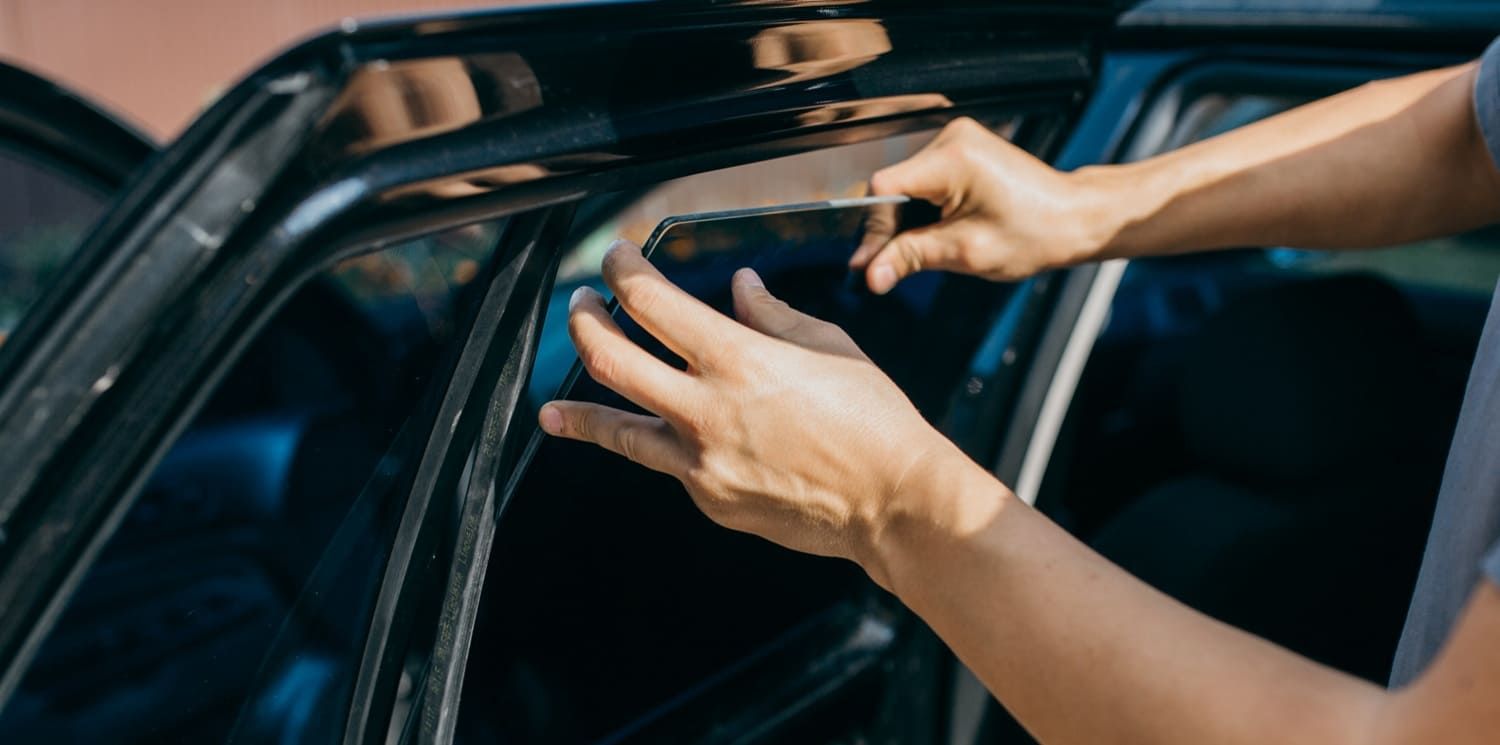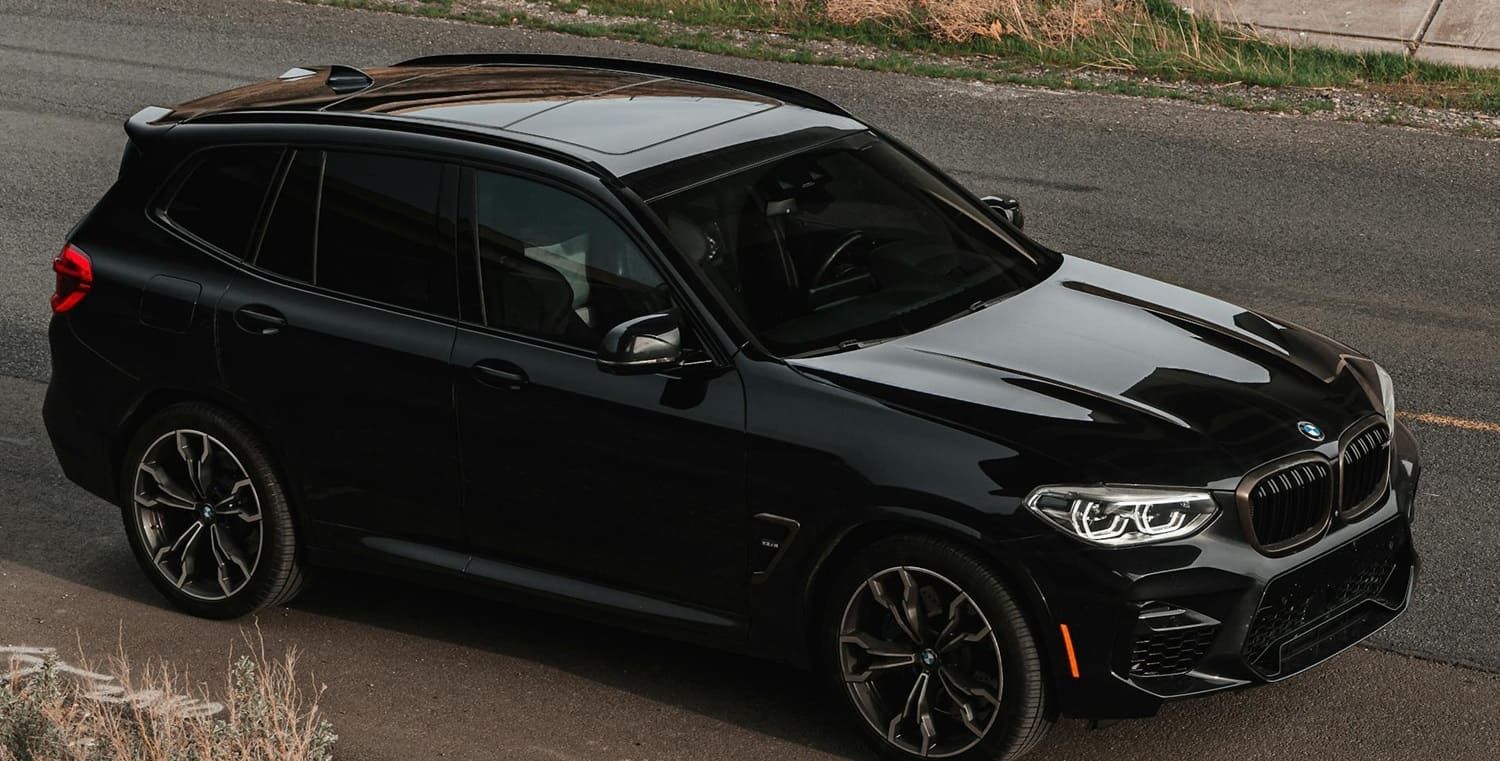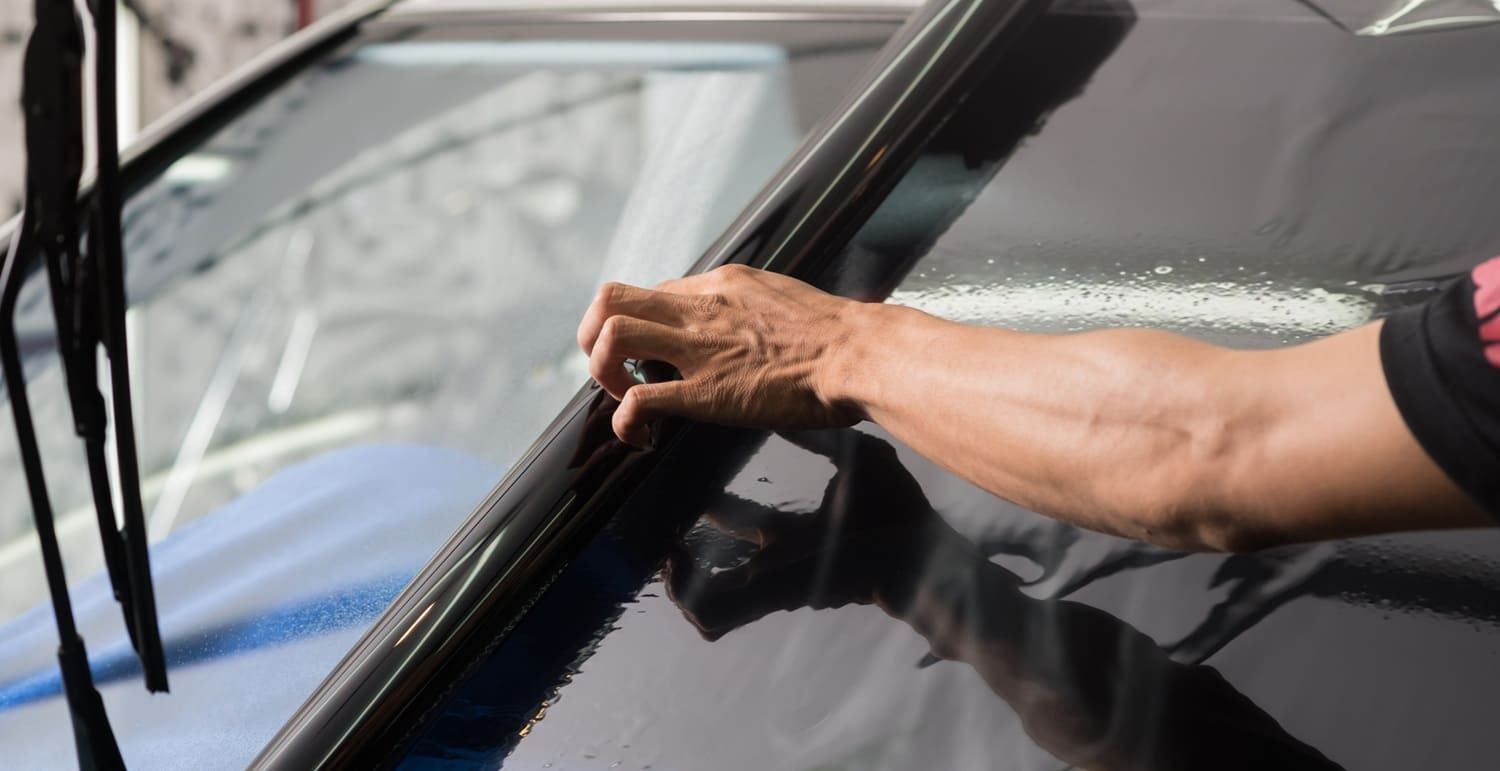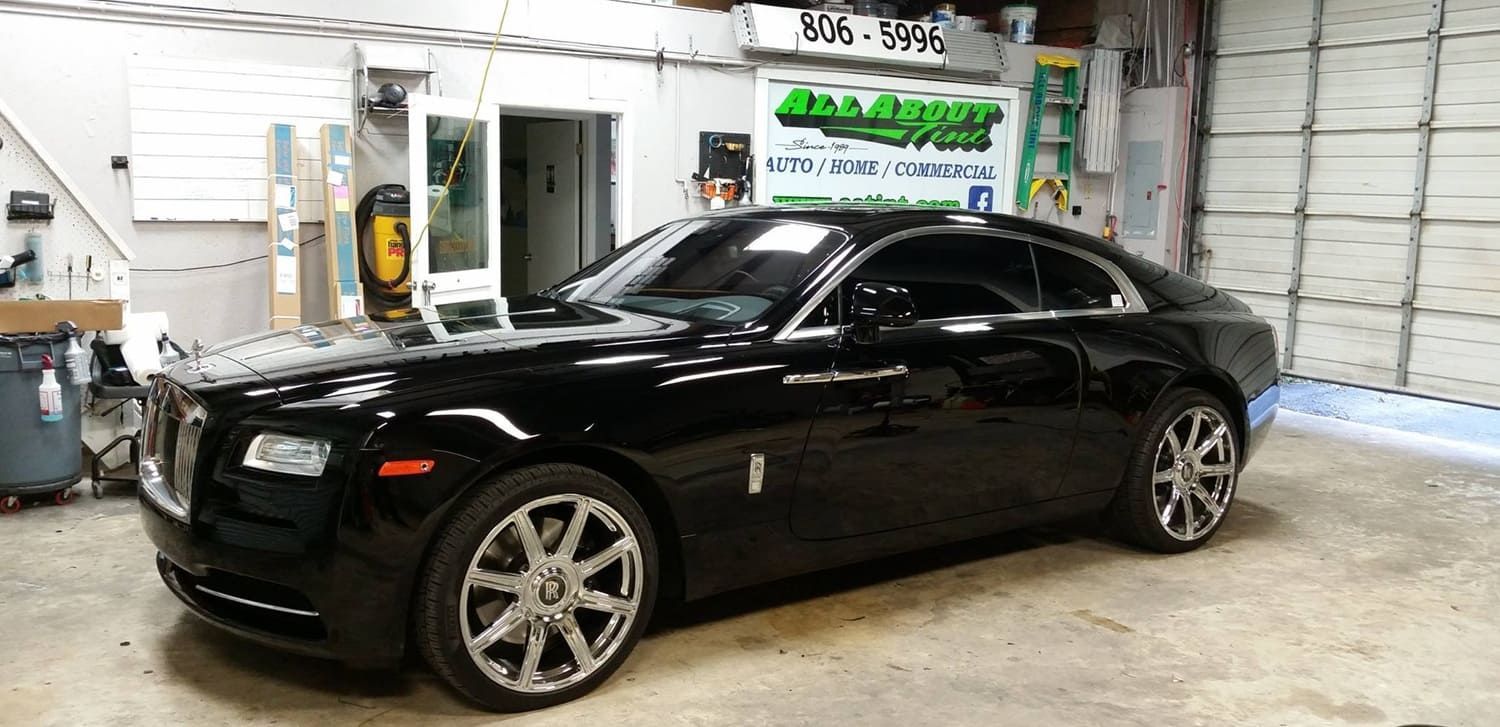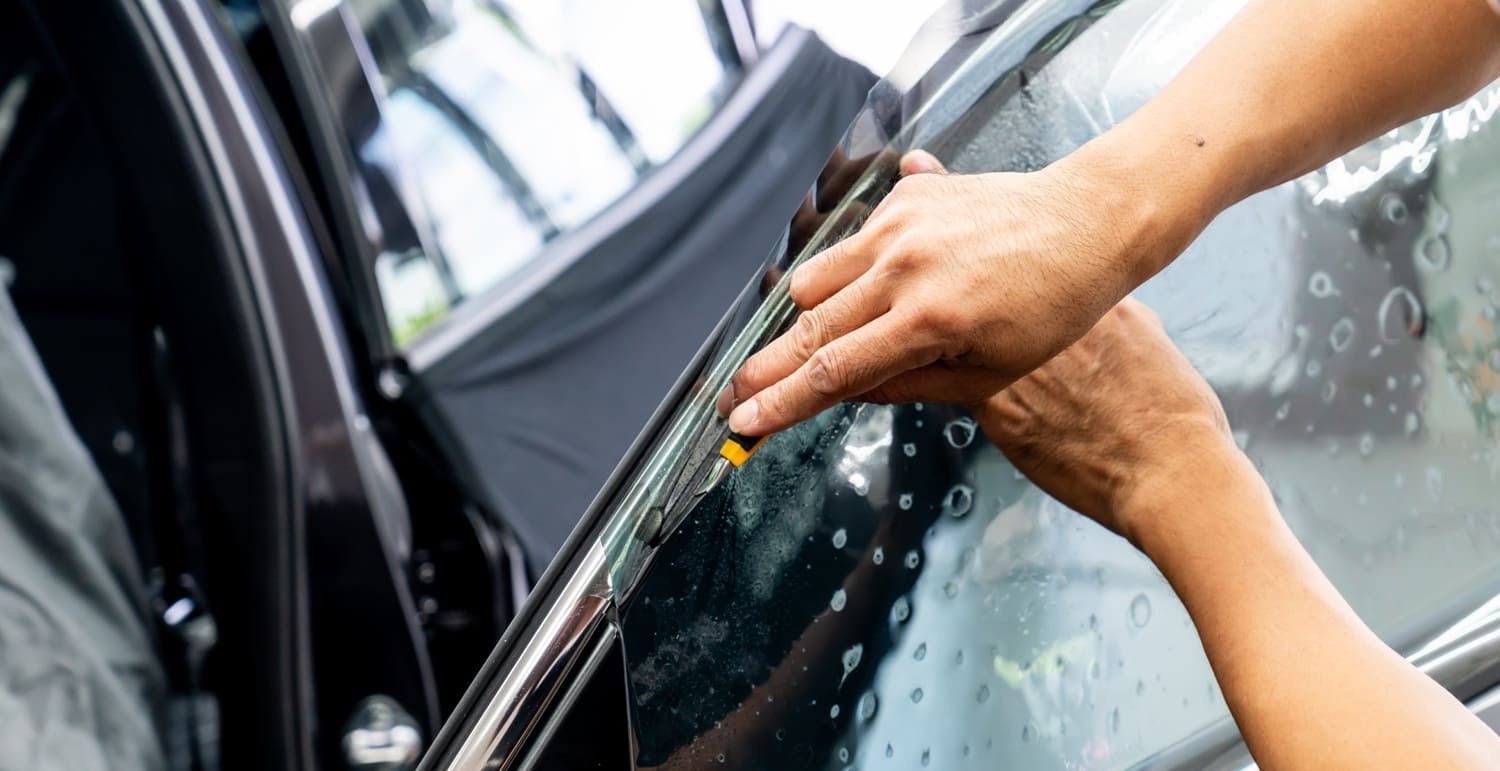Your Guide to Florida Tinting Laws for Vehicles
If your vehicle is registered in Florida, you need to follow Florida tinting laws if you want to tint your windows. Learn them here.

Did you know that the inside of a parked car can get 45 degrees hotter than the air outside? If you park your car in the sun on a 95-degree day, it only takes an hour for the car's interior to reach 140.
Nowhere is this more apparent than in the sunshine state during the long summers.
High temperatures and constant sunshine lead many Florida drivers to tint their windows. Contrary to popular opinion, window tinting isn't just about making your car look cool. It keeps it cool by blocking out the sun.
You need to consider Florida tinting laws before you darken your windows. If done correctly, window tinting can keep your car cooler and make it more energy efficient.
Keep reading below to learn the most important window tint laws in the sunshine state.
Why Tinting Laws Matter
Window tinting is highly regulated across the US. Each state handles auto tinting differently.
If you tint your vehicles incorrectly or move to a state with stricter tinting laws, you could face fines or other penalties while out on the road.
But why are tining laws in place? Because window tinting directly impacts driver visibility.
If drivers could install the darkest possible film, they could limit their visibility and increase their likelihood of a car accident. Likewise, if they installed a window film that is highly reflective, it could distract or impair the visibility of other drivers on the road, creating a major hazard.
So each state sets limits on how much tint a car can have. These limits are expressed in percentages based on how much visible light can make it through the window.
Failing to meet these tinting standards could lead to traffic violations. While your first ticket might not cost you much, they get larger each time you receive a ticket.
You can avoid the risk of traffic fines by working with a Florida tinting specialist, to ensure your car meets all laws while still keeping your car cool and comfortable.
Florida Tint Levels
The amount of light that travels through the window film is expressed as visible light transmission (VLT). The lower the number, the most light is blocked out by the tinted film. A hypothetical 0% window film would block out 100% of visible light.
About 20% film blocks out 80% of the outdoor light, while a 40% tint blocks out 60% of the outdoor light. Florida window tinting laws dictate what tint level is allowed depending on the specific window.
In the sunshine state, you cannot tint the entire windshield. Window film cannot be applied below the manufacturer's AS-1 line. This line is usually visible, about five inches below the top of the windshield.
Above this line, you can apply a tint as long as it's non-reflective. On the front side windows, the tint must allow at least 28% of light through. This is true for all types of vehicles.
Rules differ for sedans vs SUVs regarding the rear side, and back windows.
On sedans, rear side windows and back windows must allow 15% light through. On SUVs, rear side windows and back windows must allow 6% or more light in.
There are some medical exemptions available in Florida for those who might need a higher level of window tinting.
Window Reflection
Window tints can have varying levels of reflection. Reflection helps diver sunlight away from your vehicle, preventing it from heating up your car. Reflection also helps to reduce glare and improve visibility.
For all Florida vehicles, front side windows can have a maximum reflection of 25%. All rear windows can have a maximum reflection of 35%.
Your windshield cannot have any amount of reflection, even above the AS-1 line where tining is allowed.
Additional Florida Tinting Laws
Understanding the VLT and the amount of reflection allowed on window tints is the most important aspect of tinting laws. But there are a few other things to keep in mind before installing a window tint.
If any of your rear windows are tinted, you must have dual, side-view mirrors. Because rear windows can feature the highest tint level, visibility can be lower, so using side-view mirrors is necessary for seeing your blind spots.
Some states allow you to use colored tints. In Florida, all tinted windows must be black.
Once installed, a sticker containing the legal information of your window tinting must be applied to the driver's side door jamb.
Lastly, it's important to know that film manufacturers don't need to certify window film in Florida. However, you should still purchase window film, or work with an installer that uses film from reputable suppliers that meet all state rules and regulations.
Reasons to Tint Your Car
Vehicle tinting laws in Florida might seem strict. But Florida is more lenient than many states, given the extreme sun and heat we face throughout the year.
In New York, for example, side windows need to allow at least 70% of light through, which is a much lower tint than is allowed in Florida.
Tinting keeps your vehicle much cooler, especially if you have to park in the sun. This means your air conditioner won't need to work quite as hard to cool down your vehicle, saving gas and preventing unnecessary wear and tear.
Window tinting also blocks out harmful UV rays, which cause sunburn. A quality window tint can make your vehicle safer to drive, especially if you have kids in the back. This is why many parents choose to drive an SUV, where rear side windows only need to let 6% light through, keeping kids cool and safe.
UV light can also wear out upholstery and electronics, causing the color to fade. Window tinting protects your car's interior, which goes a long way if you plan to sell the car in the future.
And of course, window tinting increases privacy. There's no need to showcase all your personal belongings to passersby.
Schedule Your Window Tinting Today
There are so many good reasons to invest in window tinting, especially if you are dealing with the extreme heat and sunlight in Florida. By following Florida tinting laws, you can stay cool and safe in your vehicle without the risk of a traffic violation.
If you are ready to increase the comfort of your car and enhance its appearance, then contact All About Tint today for a free estimate.


